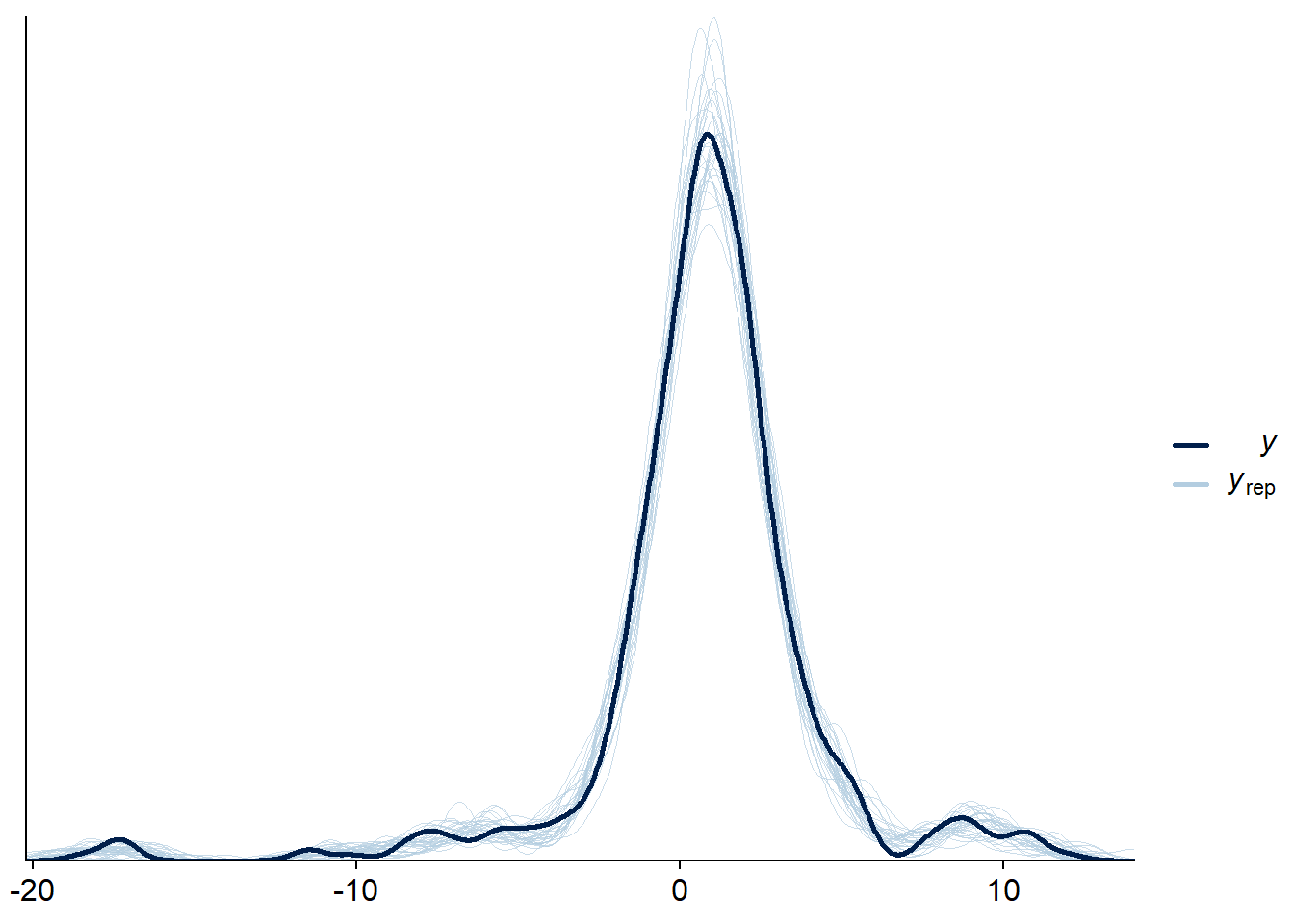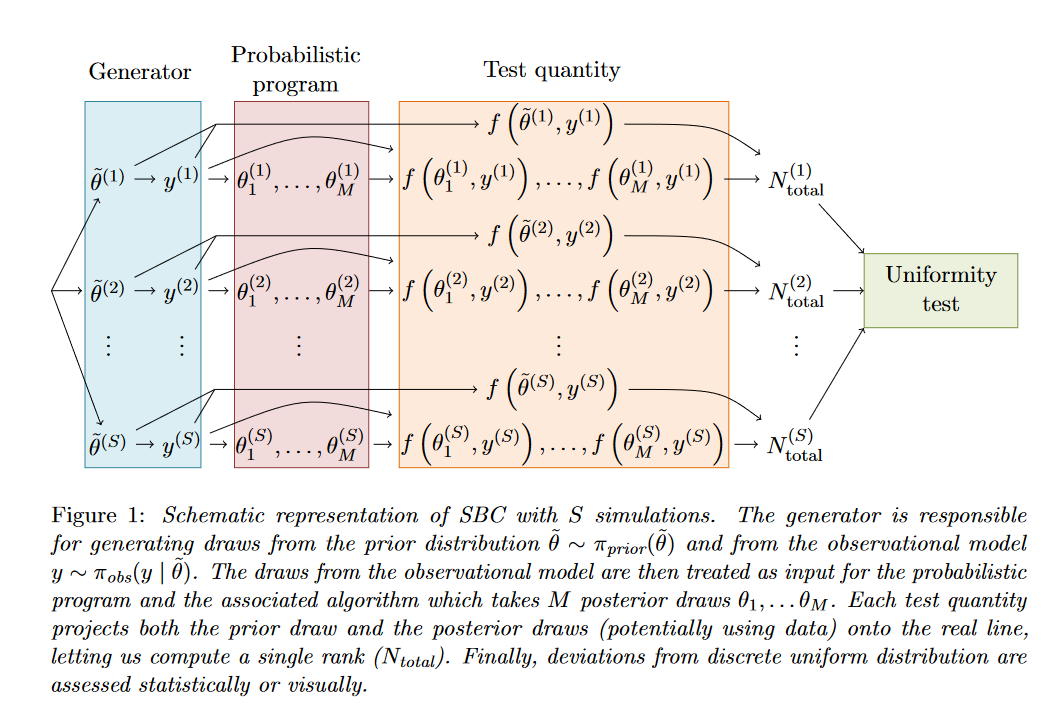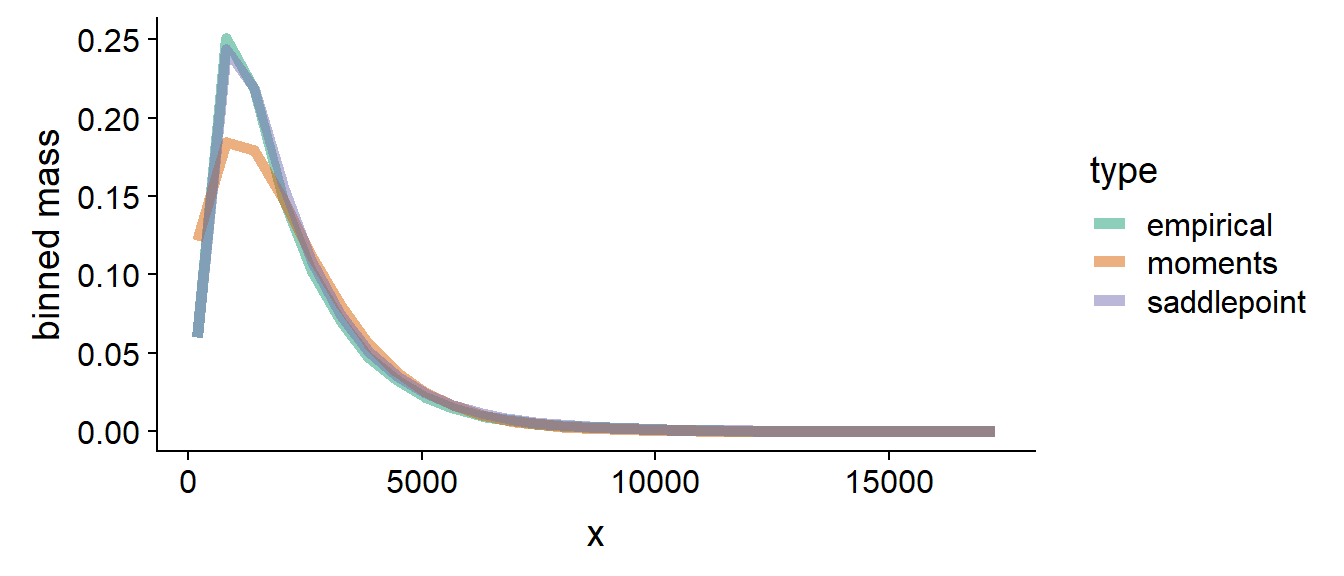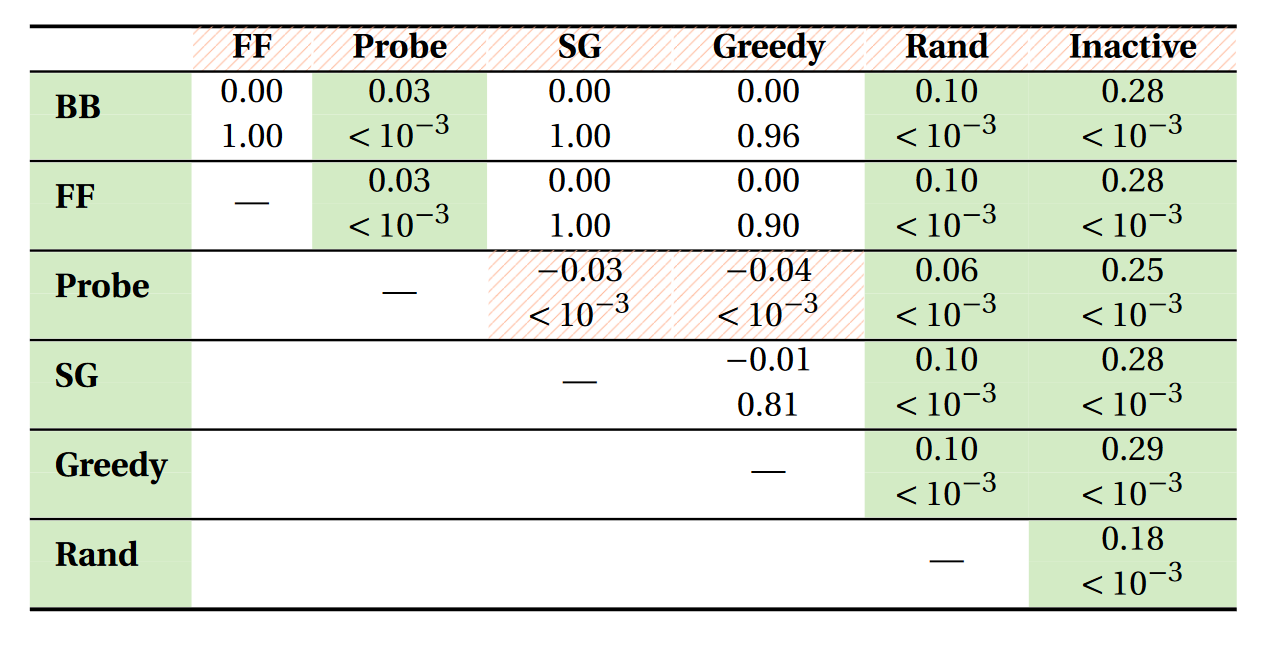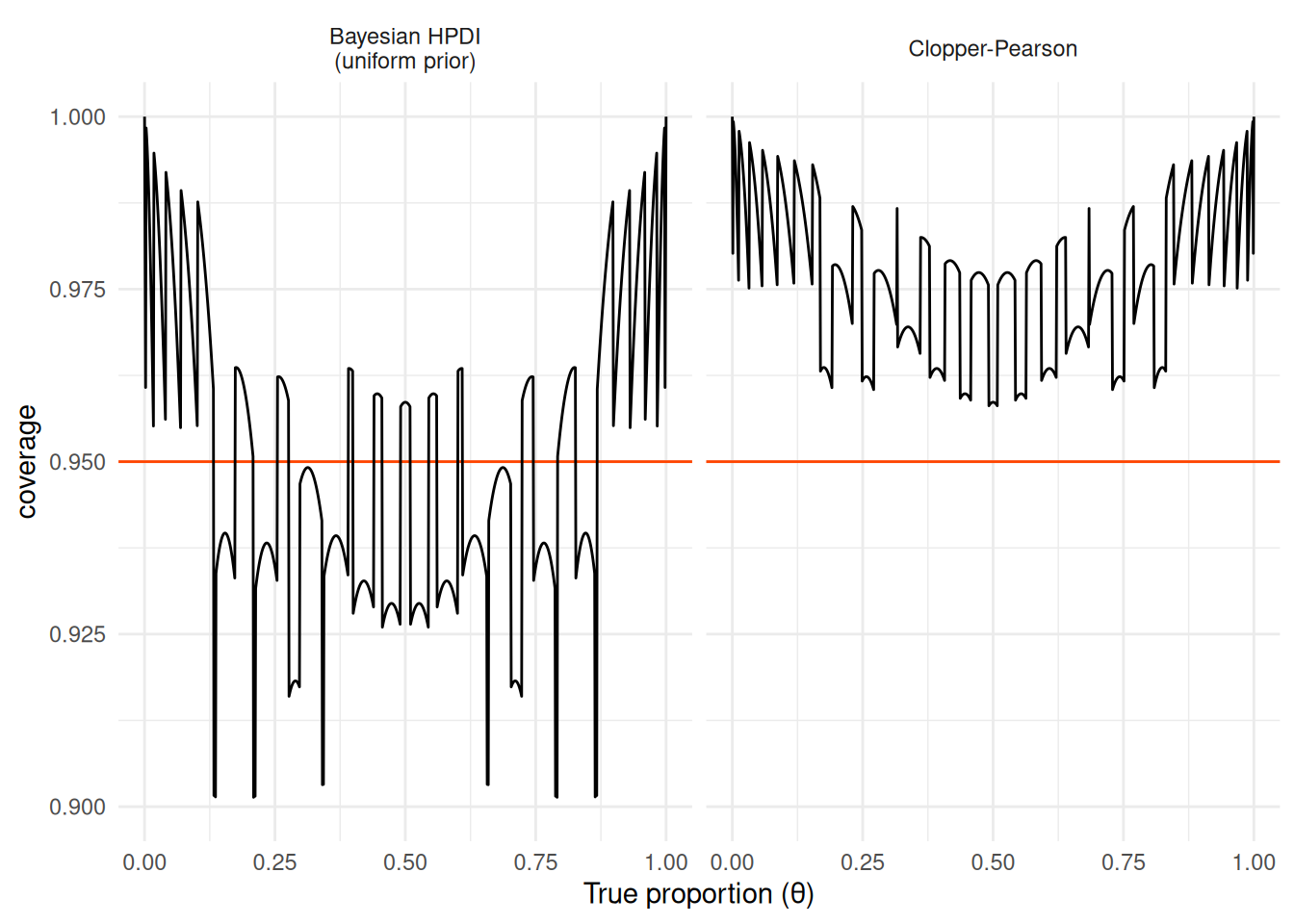
I am not a staunch advocate of Bayesian methods — I can totally see how for some questions a frequentist approach may provide more satisfactory answers. In this post, we’ll explore how for a simple scenario (negative binomial regression with small sample size), standard frequentist methods fail at being frequentist while standard Bayesian methods provide good frequentist guarantees.
